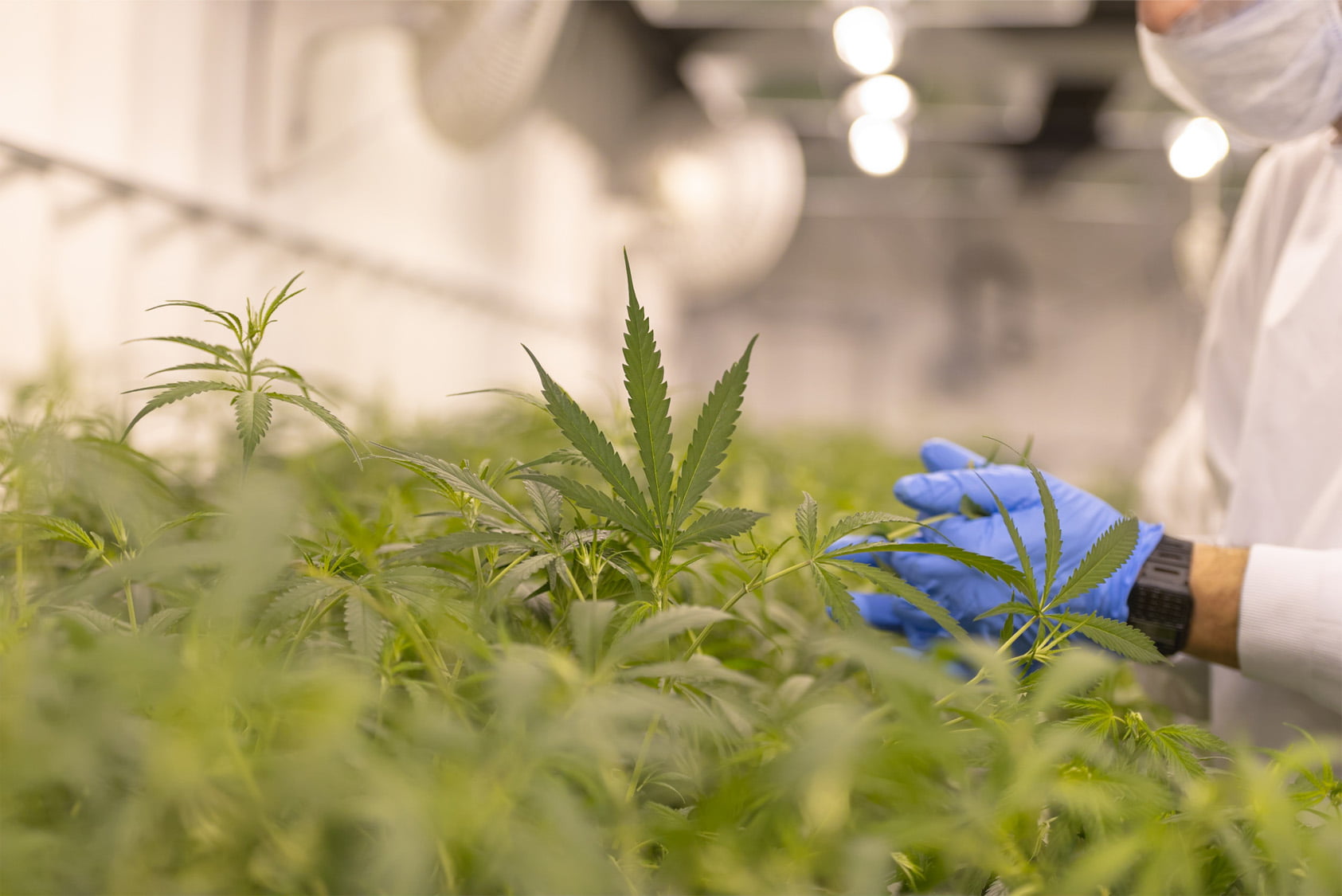An Australian report from the public health research organisation, the Penington Institute has found, with decriminalisation is predicted to save taxpayers around $850m each year.
With more than 90% of cannabis-related charges since 2010 being for personal use or possession offences, the Cannabis in Australia 2022 report found that criminalising people who use cannabis costs taxpayers $1.7bn a year in law enforcement costs.
According to the report, 702,866 people have been arrested for cannabis-related offending in Australia since 2010, with nine out of 10 of these arrests for personal use or possession.
Whilst cannabis can have negative consequences including the risk of dependence for some people, it overall had a low harm profile.
“The demonstrated harms and enormous financial burden associated with Australia’s simplistic prohibition approach is much more harmful than the substance itself,” said John Ryan, the CEO of the Penington Institute.
In the US and Canada, regulating cannabis supply means that the product’s potency and quality can be controlled, protecting consumers from criminal suppliers, while freeing law enforcement to concentrate on serious crimes.
In Australia, the medicinal cannabis industry is currently hamstrung by onerous operational costs and excessive regulation. Many feel it’s time to pull Australia into the present and capitalise on the many opportunities that a proper, regulated cannabis market affords us. It also makes clear economic sense, allowing for taxation schemes to direct critical funding into prevention, treatment efforts and further rigorous study of the plant and its many beneficial effects.
Findings from the national drug strategy household survey conducted in 2019 were that more people said they support the legalisation of cannabis than opposed it. 41% compared with 37%. Almost 78% of participants agreed that possession of cannabis for personal use should not be an offence. Lead researcher Prof Nicholas Lintzeris said, “illicit cannabis users are more likely to smoke their cannabis, compared to people using prescribed products who were more likely to use oral products or vaporised cannabis, highlighting a health benefit of using prescribed products,”.
Cultivation, manufacture, importation and exportation of medicinal cannabis is tightly controlled by the Office of Drug Control (ODC), the Therapeutic Goods Administration (TGA) and local state and territories. Medicinal cannabis and products are only available for specific patient groups under medical supervision. Medical practitioners are only authorised to prescribe medicinal cannabis products for conditions with satisfactory scientific evidence supporting such use.
Greater acceptance of marijuana use in general in Australia will create economic opportunities, reduce the burden on the law system, and help many in need. Also, by having the ability to widen research, real data for our scientists and medicinal practitioners can only add to a healthier society for all.
Look out for some exciting HCPA news coming in the new year about the future of the Medical Cannabis industry in Australia.
SOURCES | The Guardian ‘Decriminalising Cannabis Could Save Australian Taxpayers 850m a Year Report Finds’ |





